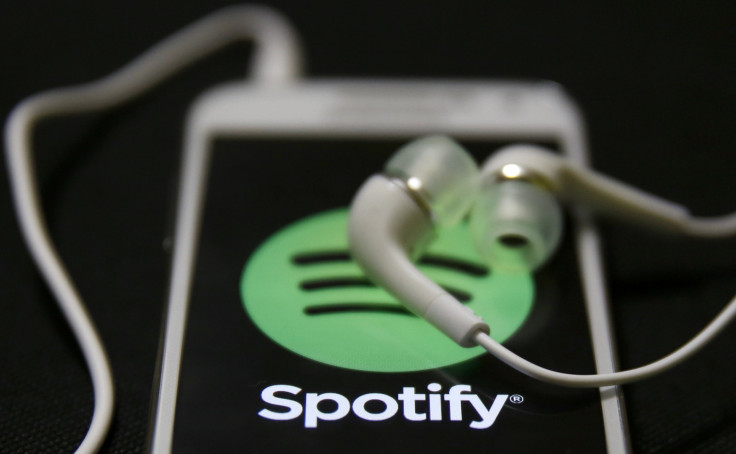Spotify To Launch In Indonesia On March 30, Japan And India Expansion Plans Afoot

A day before Spotify CEO Daniel Ek quietly announced on Twitter that the company had crossed 30 million paying subscribers, the music streaming service took the same low-key route to announce that it would start operations in Indonesia on March 30. As the world’s fourth most populous country, the Southeast Asian nation will be a significant opportunity for Spotify.
Tweeting as @SpotifyID, the company just said “Hello Indonesia” on March 20, adding there were 10 days before it launched in the country.
HALO INDONESIA!!! #WaktunyaSpotify pic.twitter.com/D0YxEJiQxt
— Spotify Indonesia (@SpotifyID) March 20, 2016
Spotify will have to fight it out for market share with existing players which include Apple Music, Deezer, Guvera and homegrown services such as MelOn, a joint venture between Indonesian mobile carrier Telkom and South Korea’s SK Telecom, according to Tech in Asia.
The company's last new market in Asia was the Philippines, where it launched in April 2014. As Spotify restarts expansion in Asia, Indonesia — with a population of about 250 million — is a good starting point. However, Spotify is also reportedly looking at other big markets in the region, including Japan and India.
The company already has an office in Tokyo and an agreement with Line, the top messaging app in Japan, which lets users share Spotify tracks through the messaging app, TechCrunch reported. While the agreement with Line is not applicable to Japan at the moment as Spotify hasn’t launched there yet, the company is reportedly hiring for 12 positions in its Japan office.
Music streaming services are a tricky business in Japan, where CDs are still the most popular form of music sales, and that is a big reason for Spotify to delay its launch in the country, according to TechCrunch.
While Spotify denied comment on its Asia plans, TechCrunch cited a source close to the company to report that it was also looking at India. The world’s second-most populous country doesn’t just offer an opportunity with a huge potential customer base, it also has a lot of mobile-first or mobile-only internet users, which will surely be lucrative for Spotify.
After entering the Indian market, Spotify is expected to compete with not just Apple Music — given its Android app and a free version of its service, it will likely have a significant advantage over Apple in the price-sensitive market — but also local music streaming services, such as Gaana, owned by Times Internet and Saavn, which is backed by Tiger Global.
© Copyright IBTimes 2025. All rights reserved.



















